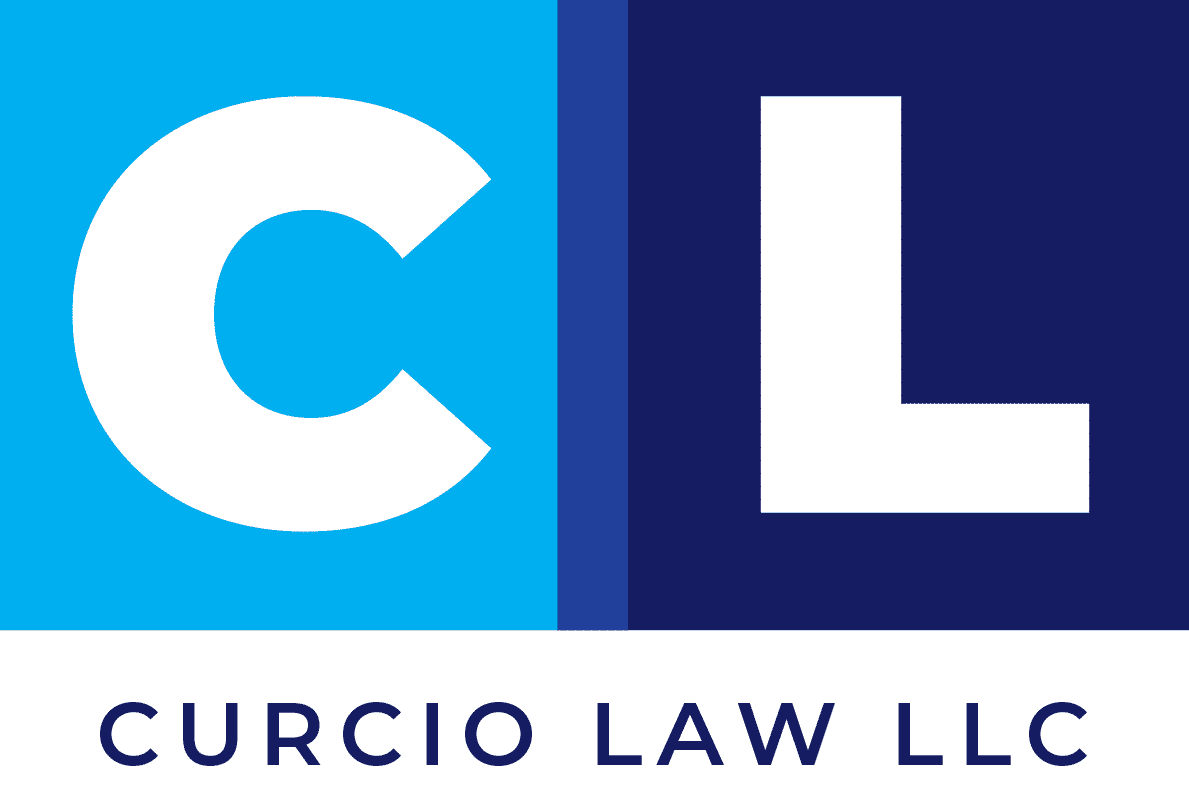Breach of Restrictive Covenants
Breach of Restrictive Covenants in New Jersey
Curcio Law Employment Attorneys provide important strategic advice and legal representation for employers and individuals regarding breach of restrictive covenant issues, including breach of non-compete, non-solicitation, and confidentiality agreements.
What is a Restrictive Covenant?
A restrictive covenant is a type of legal agreement that restricts the ability of a party to compete with a former employer or engage in certain activities after the termination of employment. Restrictive covenants are typically included in employment contracts and can take the form of non-compete clauses, non-solicitation clauses, or confidentiality clauses.
What Restrictive Covenants Mean For Employees
For employees, a restrictive covenant is a contractual agreement that restricts their ability to compete with a former employer or engage in certain activities after the termination of employment.
In some cases, employees may be required to sign a restrictive covenant as a condition of employment, or as a requirement for continued employment. In other cases, an employee may agree to a restrictive covenant in exchange for certain benefits, such as a higher salary or additional stock options.
For employees, the implications of a restrictive covenant can be significant, as it may limit their ability to find new employment or start a competing business for a specified period of time after leaving the company. Furthermore, employees may face legal consequences if they violate the terms of a restrictive covenant, including monetary damages, injunctions, or other remedies.
What Restrictive Covenants Mean for Employers
For employers, a restrictive covenant is a tool used to protect their business interests, such as confidential information, customer relationships, and trade secrets, after the termination of an employee’s employment. By including a restrictive covenant in an employment contract, an employer can prevent an employee from competing with the company or using confidential information to start a competing business, for a specified period of time after the termination of employment.
It is important to note that restrictive covenants are subject to judicial review and must be reasonable in scope and duration, necessary to protect the legitimate business interests of the employer, and not impose undue hardship on the employee. If a restrictive covenant is found to be overbroad or unreasonable, it may not be enforceable.
What it Means to Breach a Restrictive Covenant
Breaching a restrictive covenant refers to violating the terms of a legal agreement that restricts an individual’s ability to compete with a former employer or engage in certain activities after the termination of employment, in accordance with New Jersey law.
If an individual breaches a restrictive covenant in New Jersey, the former employer may have the right to seek legal remedies, such as monetary damages, injunctions, or other remedies, depending on the terms of the agreement and the specific facts and circumstances of the matter.
Are Restrictive Covenants Enforceable in New Jersey?
In New Jersey, restrictive covenants are subject to judicial review and will only be enforced if they are reasonable in scope and duration, necessary to protect the legitimate business interests of the employer, and do not impose undue hardship on the employee. The enforceability of restrictive covenants in New Jersey is determined on a case-by-case basis and depends on a variety of factors, including the nature of the business, the position of the employee, and the restrictions imposed by the covenant.
An Employment Attorney’s Role in Breach of Covenants
The role of an attorney in a breach of restrictive covenant matter is to provide legal representation and advice to either the former employer seeking to enforce a restrictive covenant or the individual accused of breaching the restrictive covenant.
Employers should consult with legal counsel to get advice on the protection of their business interests, such as confidential information, customer relationships, and trade secrets, and/or to enforce their legal rights against individuals pursuant to the terms of the restrictive covenant.
Conversely, individuals should consult with legal counsel prior to signing a restrictive covenant agreement and/or if legal action is threatened or commenced due to the alleged breach of a restrictive covenant agreement.
Speak with An Experienced NJ Employment Attorney
Curcio Law Employment Attorneys use their extensive experience to provide clients with insight and counseling regarding restrictive covenants. In addition, Curcio Law Employment Attorneys utilize their significant experience to strongly advocate for their clients in litigation involving the alleged breach of restrictive covenants. If you need assistance with a legal matter involving restrictive covenants, please contact Curcio Law


















Contact Curcio Law
Disclaimer: The use of the internet or this form for communication with the firm or any individual member of the firm does not establish an attorney-client relationship. Confidential or time-sensitive information should not be sent through this form.
